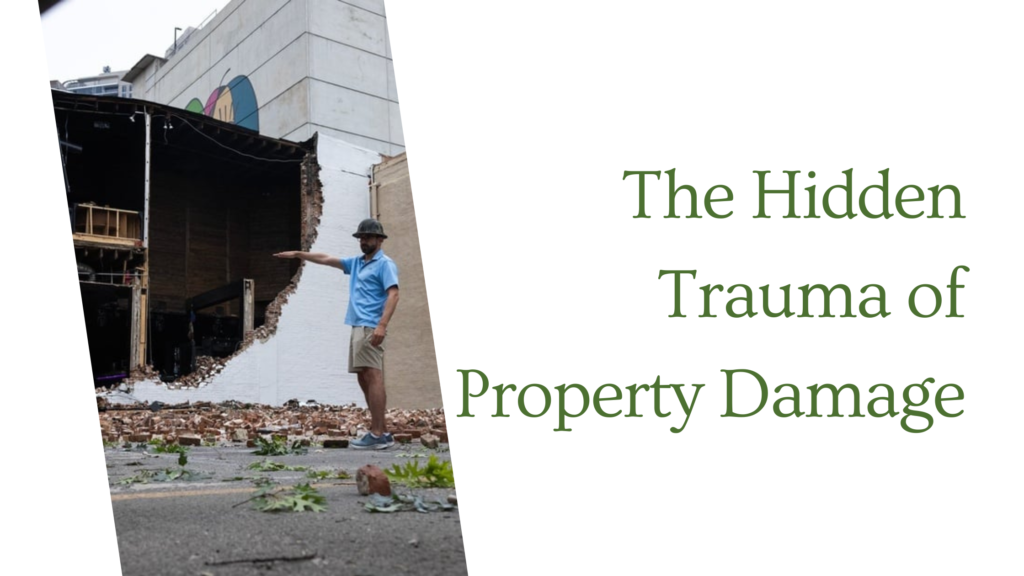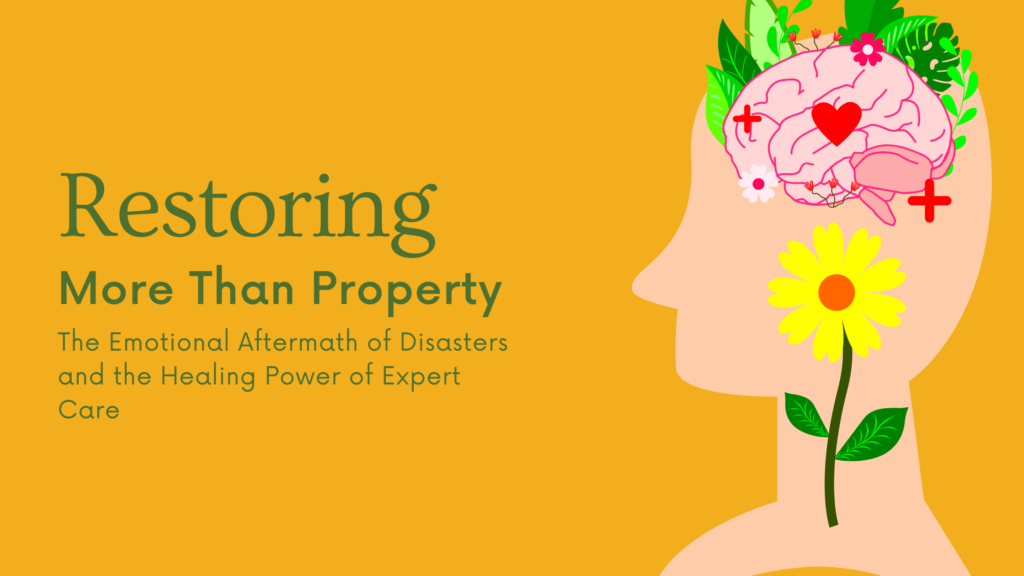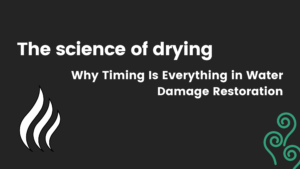When your home is hit by disaster—whether it’s a flood, fire, mold outbreak, or hurricane—it can feel like your entire world has been turned upside down. Walls can be rebuilt. Floors can be replaced. But what about the stress, fear, and emotional upheaval that linger long after the cleanup crew has gone? For more resources and information on emotional recovery after property damage and how to manage these challenges, visit https://www.apa.org/topics/disasters-response.
At Vital X Pros, we believe that true restoration doesn’t end with physical repairs. It includes emotional recovery too. In this article, we’ll explore how property damage affects mental health and how a compassionate restoration partner can play a surprising role in the healing process.

The Hidden Trauma of Property Damage
Most people associate the word “trauma” with personal injury or emotional abuse. But trauma can come from losing your sense of safety and stability—and that’s exactly what happens when your home or business is damaged.
According to the American Psychological Association, natural disasters and home catastrophes can lead to a wide range of emotional responses including:
- Anxiety and panic attacks
- Sleep disturbances and nightmares
- Hypervigilance (always feeling “on edge”)
- Depression and feelings of helplessness
- Post-traumatic stress disorder (PTSD), especially in children
In fact, studies have shown that up to 30% of disaster survivors experience PTSD symptoms. These aren’t just short-term reactions—they can last months or even years if not properly addressed.
For many homeowners, the home is more than a structure—it’s a sanctuary. When it’s compromised, people often report feeling lost or exposed, like their foundation—both literal and emotional—has been shaken.

Why Speed and Compassion Matter
In the aftermath of property damage, every second counts—not just for preserving your home, but for protecting your mental health. Prolonged uncertainty, slow response times, and poor communication only deepen the emotional toll.
This is where companies like Vital X Pros stand apart. Their 24/7 emergency service isn’t just about logistics—it’s about peace of mind. A fast, empathetic response can drastically reduce the anxiety and helplessness victims feel in the early stages of a crisis.
Think of it like psychological first aid:
- Immediate stabilization of the environment (drying, boarding up, clearing damage) helps calm the brain’s stress response.
- Clear, consistent communication fosters trust and allows homeowners to feel in control.
- Respectful, professional behavior shows empathy during vulnerable moments, helping restore dignity and hope.
Every interaction with a restoration company has the potential to either re-traumatize or reassure a client. That’s why emotional intelligence is just as vital as technical skill.
Real-World Examples: Restoration and Resilience
Let’s look at a few fictionalized—but realistic—examples of how emotional support during restoration makes a difference:
Case 1: The Flooded Nursery
A young couple returned home after a storm to find their newly decorated nursery flooded. As new parents, they were devastated. Vital X Pros not only arrived quickly, but reassured them that everything—from replacing drywall to air quality checks—would be handled swiftly and safely before their baby came home. The result? The couple could focus on parenting, not panic.
Case 2: Fire in a Family Kitchen
After a kitchen fire, an elderly woman living alone was overwhelmed by the damage and feared her independence was lost. The restoration team walked her through every step, keeping her involved and empowered. Within weeks, her kitchen was better than new—and her confidence restored.
These examples show how emotional recovery is baked into the restoration process when the team genuinely cares.

Tips for Emotional Recovery During Property Restoration
While professionals handle the physical side of things, here are ways homeowners can care for their mental and emotional well-being:
- Lean on your support network – Don’t isolate. Stay connected to friends, family, or neighbors who can provide emotional support.
- Practice self-care – Try deep breathing, journaling, short walks, or calming routines to manage stress.
- Keep a restoration journal – Tracking progress and milestones can help you feel more in control and optimistic.
- Ask questions – Understanding the process helps reduce anxiety. Don’t be afraid to ask your restoration team for updates.
- Consider professional help – If feelings of anxiety or depression persist, talk to a licensed mental health provider.
Vital X Pros also encourages clients to take small wins seriously. Replacing a damaged carpet or seeing the first coat of new paint go on the walls can be incredibly uplifting—mark those moments!
Healing Begins with the Right Help
Property damage may be the beginning of your restoration story, but it doesn’t have to define the ending. With the right support—both technical and emotional—you can come back stronger than before.
Vital X Pros understands that behind every emergency call is a family, a story, and a life interrupted. Their mission is not just to rebuild homes, but to help restore lives.



